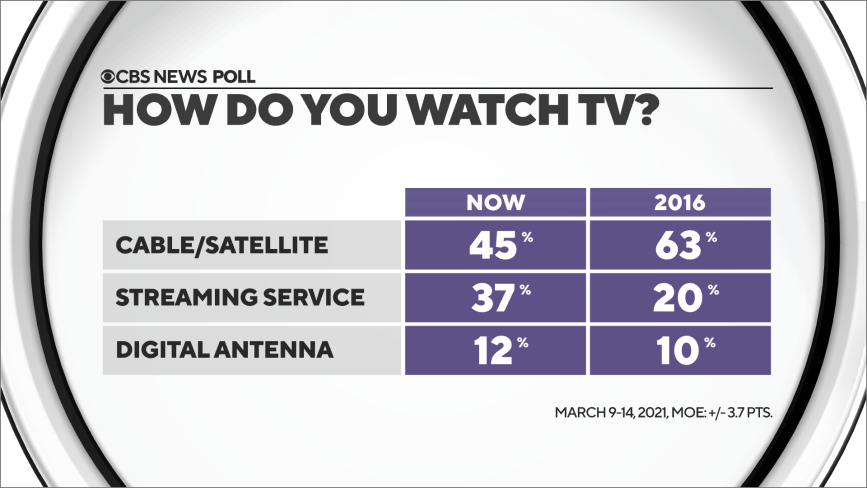Local Cable Company Looks Back to the Future: Old Everest Becomes New EverFast Confronting Cord Cutters
Published January 17th, 2023 at 6:00 AM
Above image credit: Craig Reed, director of network engineering, and Paul Kreuger, hope to double the number of EverFast Fiber Networks customers in the next two years. (Courtesy | EverFast Fiber Networks)A global infrastructure player has plunked down $90 million in an all-cash deal to nurture a small Kansas City cable operator that was launched by a hometown utility two decades ago.
These are uncertain times in the cable world, with hordes of consumers cutting the cord and streaming content or getting local TV fare with digital antennas.
Yet Astatine Investment Partners, based in Greenwich, Connecticut, and London, recently closed on its acquisition of the Kansas City-area cable properties owned by Consolidated Communications, in Sacramento.
The new local cable provider, operating under the EverFast Fiber Networks brand name, thinks it has a path to success. It intends to take its 10% local market share — about 19,000 customers — and more than double it in two years, said Paul Kreuger, EverFast CEO.
That growth will involve change.
“Cable is morphing into something different than we know today,” Kreuger said. “We feel we are the homegrown company and going back to our roots.”
Cable Wars
Half of the EverFast employees came on board during previous incarnations of the company when it was operated by SureWest and Everest.
When it was launched in 2000, Everest shook up the local cable business by going head to head with the dominant provider Time Warner Cable, offering a welcome alternative for customers. The ensuing battle for market share was a precursor of sorts to the cable-internet arms race that was sparked when Google Fiber launched a local gigabit-speed network in 2012.

EverFast was as close as the new owners could get to the company’s ancestral “Everest” name, which is trademarked by another entity.
While big national players like Google, AT&T and Spectrum now are focusing more on wireless strategies, “we are focused 100 percent on internet, video and landline phones,” Kreuger said.
“Customers are starving” for innovations that Everfast will explore, such as new video services and different channel lineups that can be offered while maintaining current costs, he said.
EverFast also believes that customers are getting increasingly skeptical of “big technology” behemoths.
“Google knows everything you do, where you go. We don’t do anything like that,” Kreuger said.
Dealmakers
Everest was launched by UtiliCorp United, the local electric utility franchise with roots extending back to 1902, when Lemuel K. Green founded the Solomon Valley Milling Co. in Osborne, Kansas.
The utility eventually evolved into UtiliCorp and then Aquila, steered by Richard C. Green Jr. In a $1.7 billion deal in 2007, Aquila became a wholly owned subsidiary of Great Plains Energy, formerly Kansas City Power & Light, now Evergy.
At the time UtiliCorp launched Everest, some energy utilities — including ill-fated Enron — were eager to diversify their business to achieve faster growth. Cable offered one option.

Craig Reed, EverFast director of network engineering, has been with the company since around the time Everest signed up its first customers in December 2000.
“Everest was one of the first triple plays, with one wire providing internet, telephone and cable TV,” he said. At the time, it competed with Southwestern Bell, which became AT&T in 2005, and Time Warner Cable, which became Spectrum in 2016.
Everest started out serving Lenexa, Overland Park, Shawnee, Olathe and south Kansas City. It was acquired by SureWest Communications for $173 million in cash in 2008. Consolidated Communications bought SureWest in 2012 for $340.9 million.
New Owner
Astatine, which operates the infrastructure investments of Alinda Capital Partners, owns businesses that operate in the United States, Canada, the United Kingdom and continental Europe. Those businesses serve more than 100 million customers in more than 550 cities globally and are run by a workforce of over 80,000 people.
Howard Anderson, a senior lecturer at Harvard Business School who has watched the Kansas City energy and telecom sector for several decades, wonders about EverFast and Astatine game plans.
Anderson noted that “$90 million ain’t a lot.” It is roughly the equivalent of reaping $1,000 a year from each of 19,000 customers for five years.
“Do they milk the dying franchise or do they see value?” he asked.
On the other hand, Anderson said: “Assuming that this could throw off $15 million in profit, they are paying six times earnings. Cheap.”
Consolidated reported its Kansas City operations produced $50 million in revenues in fiscal 2021.
Even though the new owners paid just a fraction of what the company fetched when was most recently sold in 2012, the trend against cable seems inexorable and gaining speed.

In 2021, just 45% of Americans watched TV via cable, down from 63% in 2016. Streaming jumped from 20% to 37% in that period, according to a recent article in Android Authority, an industry publication.
“Is cable TV dying?” Android Authority wrote earlier this month. “It sounds like a simple enough question. You don’t need a media degree to recognize that the TV landscape has been changing dramatically for over a decade. Cable and broadcast TV exist alongside alternatives to cable like Netflix, Amazon Prime Video, HBO Max, and more. In many cases, people have cut the cord outright, opting to get all of their TV needs met online.”
EverFast is challenging that thinking.
Martin Rosenberg is a Kansas City journalist and host of the Grid Talk podcast on the future of energy.


